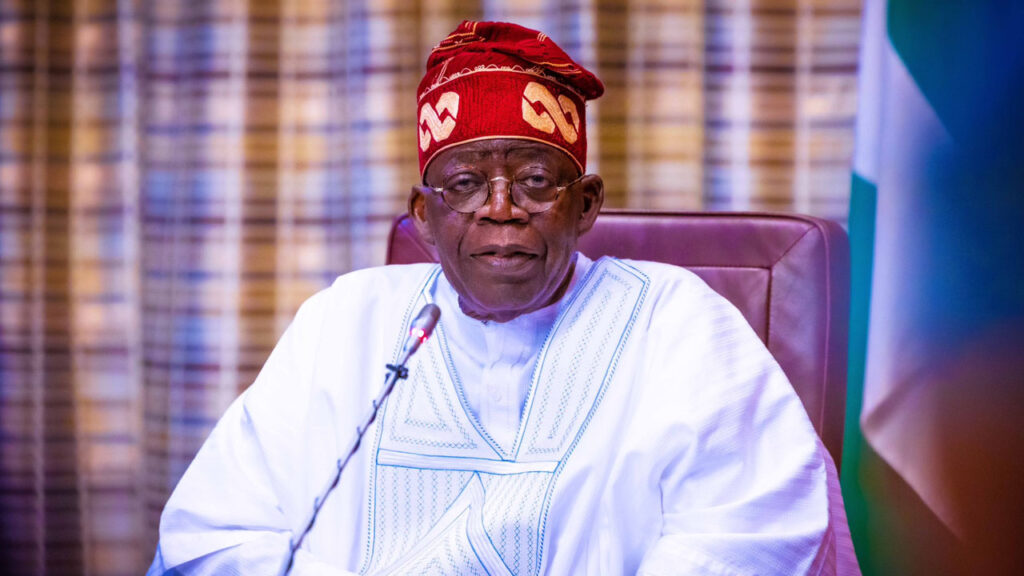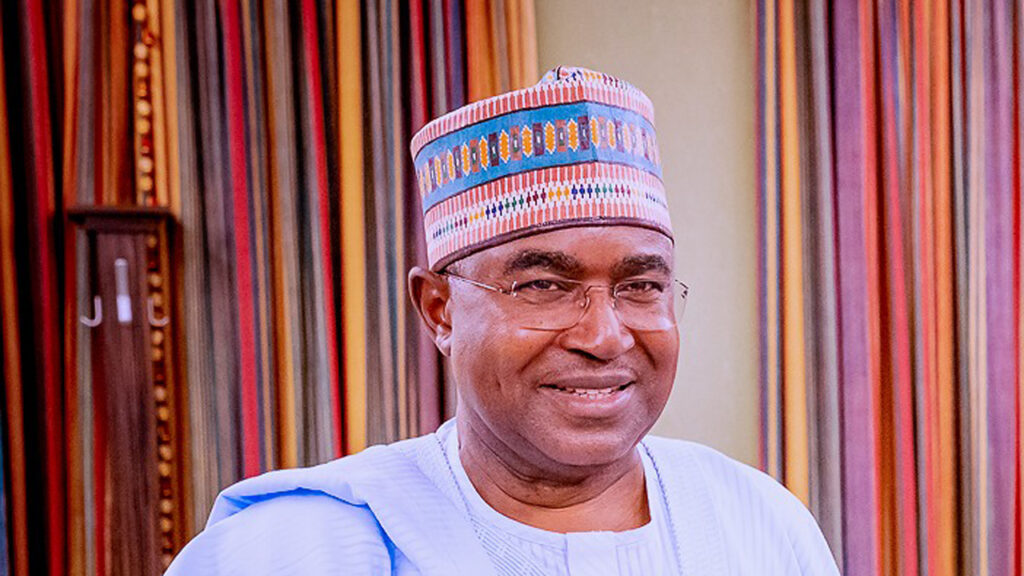
Women have decried continuous dominance of political and decision-making space in the country by men, describing it as retrogressive and capable of slowing down the nation’s overall development.
The women, who were reacting to a recent report by the National Bureau of Statistics (NBS), which shows that women are poorly represented in the nation’s decision-making process, said that as long as women are kept in the background, Nigeria would continue to suffer from poverty and other societal malaise.
The NBS, in its Statistical Report on Women and Men in Nigeria 2021, said despite all efforts to promote the contribution of women in the domain of politics and decision-making, women have continued to record low representation at all tiers and levels of governance, even when they constitute almost half of the electorate.
Quoting data from Office of the Secretary to the Government of the Federation (SGF), NBS said the number appointed as ministers from 2016 to 2019 has not gone beyond seven.
According to the report, “in 2016, only seven females were appointed as ministers. This decreased in 2017 to only five females. Female ministers appointed in 2018 and 2019 were six and seven, respectively.”
The report said women in Nigeria have never been appointed as SGF or elected as President or Vice President since independence and the return to democracy in 1999 till the election in 2019.
“Also, women have been underrepresented in the national parliament. The highest representation in the parliament of 7.2 per cent was recorded in 2007-2011. It was 6.6 per cent each in 2011-2015 and 2015-2019. A total of six women and 73 men occupied principal positions in the Senate in 2016 and 2017.
“The years 2018 and 2019 have the same figure of seven women and 72 men as principal officers. In 2016-2019, only six women occupied the position of committee chairperson for each year.”
In 2018 and 2019, a woman occupied the position of Minority Leader in the Senate. The current women’s representation in parliament in 2019 was 6.2 per cent,” the NBS report said.
Reacting to this low-level representation of women, Director, Capital Multimedia Limited, Mrs. Salomey Eferemo, said Nigeria is not yet ready for women involvement in leadership.
She said the major drawbacks for women in politics are cultural nuances that are not properly modified to allow women participate independently in politics, religion, as well as excessive use of money in Nigerian politics.
She said most of the women that are active in politics hardly have the support of their spouses, their brothers or even their sisters, because they believe that women who are involved in politics are women who are not decent and morally upright. “So, the women feel stigmatised and decide to stay away,” she said.
On her part, Coordinator of 100 Women Lobby Group and President Change Managers Network, Felicia Onibon, said the Nigerian political arena is infested with money. “Anywhere there is monetary gain, the men tend to push the women aside, but life is not just about money, there are other things we need to bring to the table to make development happen,” she said.
She noted that the situation is bad, saying: “We are complaining about culture, apathy and religion, but we are not the only country that has a culture. We know cultures evolve; they are not static. I don’t know the reason why patriarchy in Nigeria has been taken to the extreme.
“If you look at how Nigeria got independence, the dexterity and the vigour with which our leaders challenged the colonial masters, one would have thought that that same vigour would have been applied to anything that will bring about positive development, including women empowerment.”











